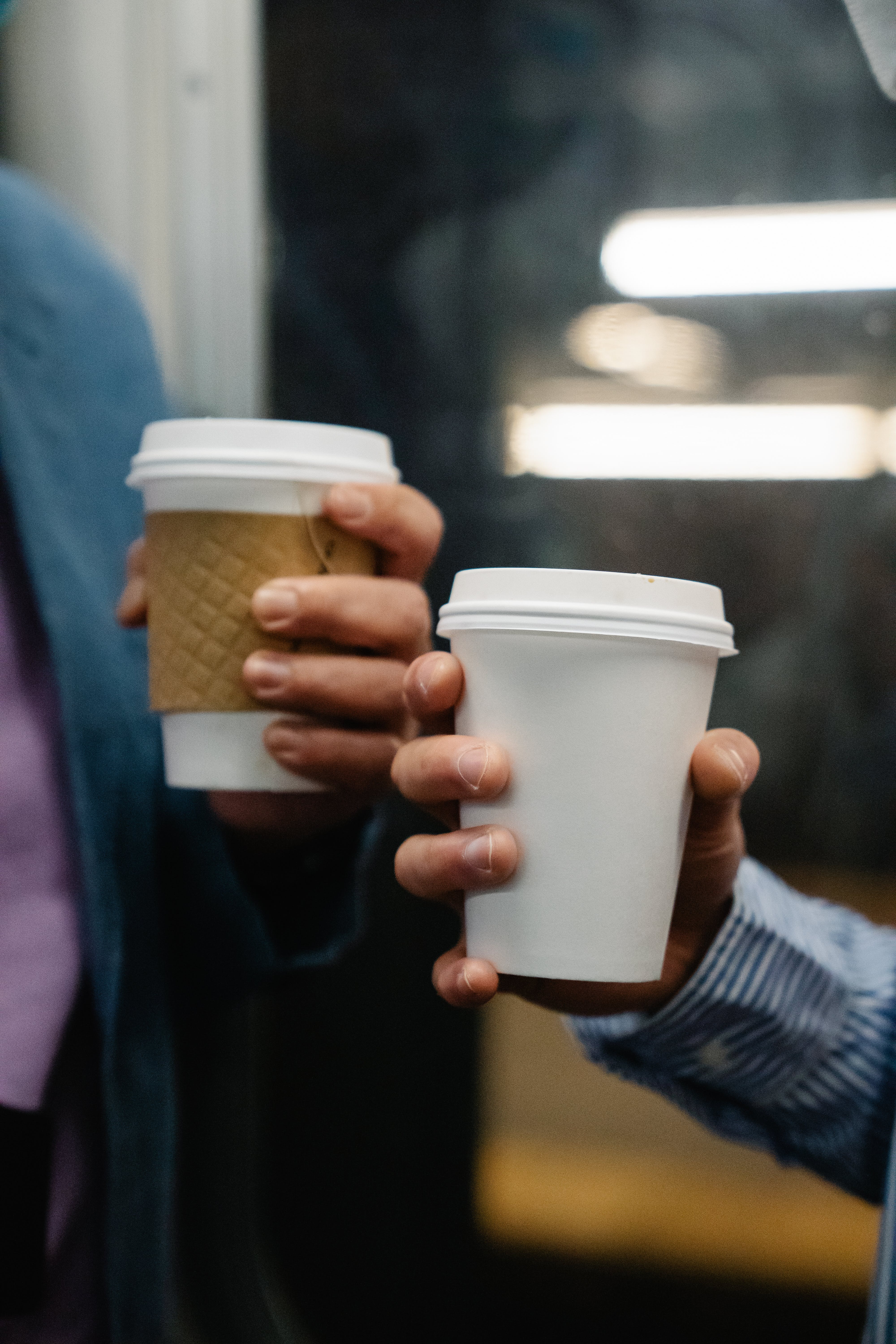
The Danish city of Aarhus launched a three-year trial program to curve down the number of disposable coffee cups where locals can use a deposit system for reusable takeaway packages.
Like in other Nordic and Central European countries, in Denmark deposit system where one receives back money one pays when purchasing a plastic bottles or cans is already in place
The project that focused on eliminating disposable cups trash is the result of a collaboration between the Municipality of Aarhus and the recycling company TOMRA which already provides other waste collection services to the city.
For a year and a half in 2022, the company All In On Green’s robotic arm SeaProtectorOne deployed in the water, collected over 100,000 disposable glasses from the city’s river Å – from which the city derived its name – demonstrating a huge level of plastic pollution in the city.
”Aarhus must be greener and more sustainable, and Aarhus must be a city where we have the courage to test new solutions.” said Nicolaj Bang, Aarhus’ councillor for technology and environment in a press release. “We use enormous amounts of takeaway packaging in Denmark, and consumption is increasing. Therefore, it really matters if we can make it easier for both consumers and businesses to choose a more sustainable alternative to disposable packaging,” he stated.
Aarhus is the second biggest city in Denmark, counting around 336,000 inhabitants – and potential disposable cup users. The trial has been set as voluntary, but so far already 44 cafés and bars in the center of the city got interested in the project – perhaps even some frequented by King Frederik X, when he used to study at the city’s university.
Initially, 40,000 cups in two designs will be produced and around 25 deposit machines will be established in the city so that citizens can return their cups, and cash back some Danish kroner. Geir Sæther, senior vice president for circular economy at TOMRA said the company expects ‘to be able to expand the system to other types of packaging in the near future’, so to facilitate the transition from single-use to reusable packaging.
The return fee for a reused cup is just over 70 dollar cents (DKK 5) , but it is not for the money that citizens should start returning their cups: ”Recycling saves the earth’s resources and our emission of CO2. More recycling means that there is less waste that ends up as rubbish in our city and our nature,” said Bang.
This is the first city in Denmark, and the world, to carry out such city experiments, although Copenhagen had previously trialed an experimental system where pizza containers, sushi trays and coffee cups should be able to be returned in the hip area of Kødbyen, situated in a central neighborhood. Currently, Danish startup Kleen hub is experimenting in the capital with its third-generation return system based on a single bank card tap.
TOMRA’s ceo Tove Andersen said in a press release that “Aarhus shows the way to one more sustainable future, and we hope that many more cities will be inspired to do the same,”.
Cities and regional authorities have so far acted upon consumer behaviors to decrease different kinds of pollution in their cities: “These policies are quietly working because local governments are addressing climate change with communities long-term together with other challenges that people care about, like healthy diets and supporting local businesses,” said Olivier de Schutter, co-chair of the sustainable food system expert team IPES-Food.
Source Forbes

